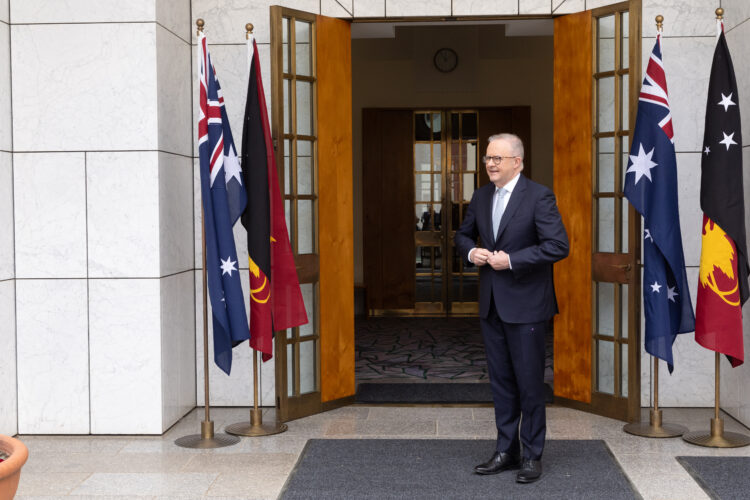Bill Browne
Director of Democracy and Accountability Program
With the Albanese Government proposing major changes to Freedom of Information (FOI) law last month, there’s been a renewed interest in how the FOI system works (or doesn’t work).
The Australia Institute has new research out today about how the system has become much more expensive, secretive and slow.
But what is the process like for an applicant?
I made a couple of FOI requests in response to the Government’s claims about the FOI system.
Yes, these are FOI requests about FOI requests.
Here’s how they have fared, just over one month on.
Evidence base for Government claims
In his defence of the FOI changes, Health Minister Mark Butler made some remarkable claims:
- The FOI system is “being inundated by anonymous requests”.
- “Many [FOI requests] we’re sure are AI bot-generated requests.”
- “[FOI requests] may be linked to foreign actors, foreign powers, criminal gangs”
AI bots, foreign powers and criminal gangs – it has the makings of a geopolitical thriller.
But extraordinary claims require extraordinary evidence.
FOI: To the Office of the Health Minister
I submitted an FOI request to the Department of Health asking for the evidence on which Minister Butler relied.
I heard back a month later from the Health Minister’s Chief of Staff:
“The Minister’s Office has conducted reasonable searches for documents in scope of your request. … I am satisfied that all reasonable steps have been taken … and that such documents do not exist.”
FOI: To the Attorney-General’s Department
I submitted a very similar FOI request to the Attorney-General’s Department, since they’re the ones responsible for the proposed laws.
The deadline for a department to process an FOI request is 30 days.
29 days after I made my request, I was told the Department “requires further time” as “the work is complex and voluminous”.
But how did my relatively simple request become complex and voluminous?
In short, the Department warned it could merge my request with “a number” of other requests also dealing with the matter of FOI reform:
“We have identified over 2,300 documents as potentially relevant to one or more requests and this has created a voluminous amount of documents to process.”
The Department also explained:
“the area of the department primarily responsible for identifying, reviewing and deciding on the documents’ relevance to the requests continues to be heavily engaged in the FOI reform work which has generated these requests”
In other words, if an issue is timely, the Department is too busy to release information about it.
Another month’s delay would mean the evidence base for the changes goes unscrutinised. As it is, the inquiry looking into the proposed changes have already closed submissions.
Fortunately, these time extensions now require the Office of the Australian Information Commissioner’s (OAIC) approval. Within a day, the OAIC rejected the Department’s request for an extension. The OAIC criticised the Department for trying to merge the FOI requests:
“Each request needs to be considered on its individual merits.”
Right is on my side. But does it matter? The deadline has passed and the Department hasn’t released the documents.
Reflections
“No such documents” exist to support the Health Minister’s sensational claims about the Freedom of Information system, yet my almost-identical FOI request to the Attorney-General’s Department could have been linked to 2,300 “potentially relevant” documents.
This is one reason why even a modest fee per FOI request can add up: either government agencies truly do not share information or their handling of FOI requests is inconsistent. Either way, you may have to go to many places, and try many forms of words, before you get useful information out of government.
My experience also shows how the government holds all the cards. They say my request is “complex and voluminous”. I don’t have the documents yet, so how can I prove otherwise? And when the independent umpire refuses a time extension, the Department still doesn’t release the documents.
The FOI scheme has become slow and secretive. The Albanese Government’s changes would make it even harder to use.
